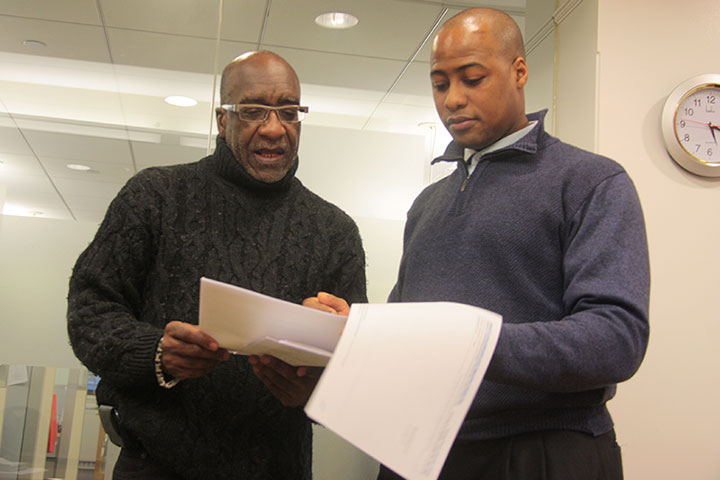

If your health plan refused to pay for a medical service or denied a prior authorization request, you have the right to fight the denial through your plan’s appeal process. But before you file your appeal, there is some information you need to know. Start by figuring out why your claim was denied. Check the reason code on the Explanation of Benefits (EOB) or the reason given on your denial notice. Below are some common reasons why a service may be denied and information you may need to file an appeal. Also, at the end of this section, you will find Do-it-Yourself appeal guides that you can use to file a first level appeal.
There are many reasons why a health plan may not pay for a medical service. To find out the reason, you should look on your Explanation of Benefits (EOB) or denial notice. Some common reasons are below:
If you received misinformation about the provider’s in-network status and your claim was denied as out-of-network, you should dispute the denial with your health plan. Many plans are required to regularly check that its providers are still in-network and update their provider directory within 15 days of a change. Plans must offer enrollees the opportunity to file an appeal under these circumstances. For more information on how to dispute a bill based on network directory misinformation, please read “Information your plan must give you under the No Surprises Act“.
The No Surprises Act protects against surprise bills if you were billed after getting incorrect information about your provider’s network status from your health plan’s directory. You should only be billed for the cost-sharing or deductible you would have been responsible for if the provider had been in-network with your plan. Like with any other surprise bill, you should use your plan’s appeals process to dispute the bill. If the plan still denies coverage, submit a complaint to CMS about the incorrect information in the plan’s directory.
Under NYS law, if you have a fully insured plan, you will only be responsible for in-network cost sharing if you got out-of-network care because of an inaccurate provider directory. Appeal with your plan, and if that does not resolve the issue, submit a complaint to DFS.
Provider directory misinformation happens when:
If your plan denies your claim for any other reason not mentioned above, please contact CHA at 888-614-5400.
If you believe that your plan was wrong to deny your claim, you may have the right to appeal your plan’s decision. Different plans have different timeframes and rules for appealing. After you have determined why your claim was denied, you can find information about how and when to file an appeal on your EOB, your denial notice, and in your member handbook.
Do not delay! You have limited time to appeal your plan’s decision.
Read through any notices you received from your insurance company, and, if you need to, call your plan. After you understand why your claim was denied, gather the documents you need, which may include notices from your plan, parts of your plan contract or member handbook, or your medical records. Ask your provider for help! Your provider may be able to resubmit your claim, help you gather medical records, or write a letter of support. When writing your appeal, be sure to reference and address the specific reason given on the EOB or denial and explain why you think your plan should have paid your claim.
Many plans give 180 days to file a first level internal appeal, but some only give 60 days. While your first level internal appeal can be done on the phone, we recommend that you file your appeal in writing and keep a copy of everything you send to the plan and the date on which you sent it.
If you have already begun the appeals process, make sure you know where you are in the process. Most plans have 30 or 60 days to make a decision, depending upon the type of appeal, and must offer at least one level of internal appeal. Your additional appeal rights depend on the type of plan and type of denial you have. If your claim was denied as not medically necessary after Utilization Review, you may have the right to an External Appeal, an independent medical review of your health plan’s decision with an Appeal Agent.
You also have the right to file a grievance or a complaint about any action your plan or its providers took that you disagree with.
If you need help appealing the denial of a claim or filing a grievance or a complaint, please contact CHA at 888-614-5400. For help filing your first level appeal, use our Do-It-Yourself appeal guides using the links below. If you are filing a second level or external appeal, please contact CHA as soon as possible.